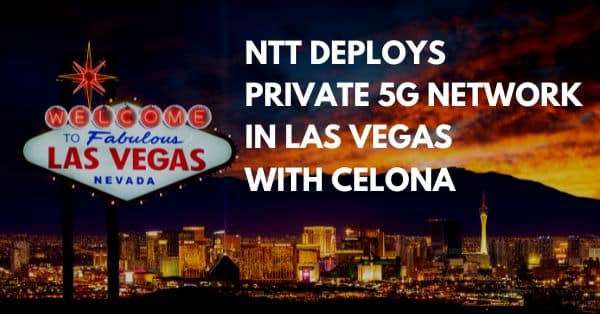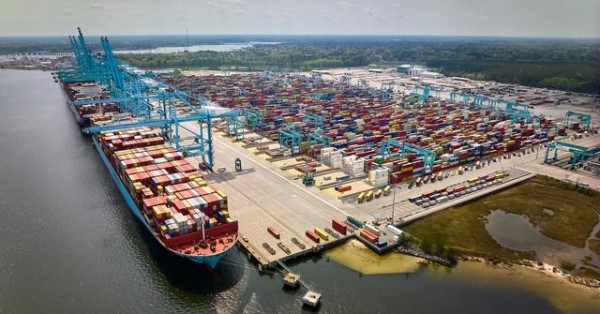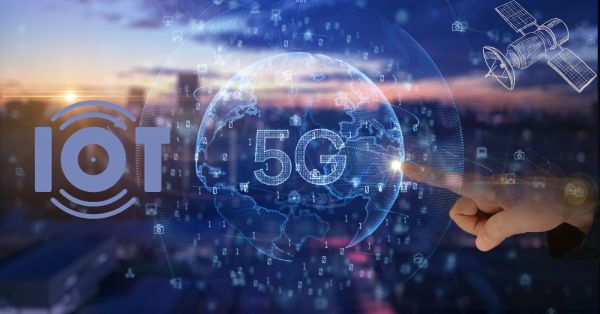NTT Ltd., a leading global IT infrastructure and services company announced a Private 5G (P5G) network expansion for the City of Las Vegas (CoLV). The project involves deploying and provisioning NTT’s P5G to build the most extensive private network in the United States.
The goal is for the network to serve as an open platform available to local businesses, government, and educational institutions for deploying innovative solutions that enrich the lives of citizens and visitors to Las Vegas. NTT is working with partners to more than double the number of network access points (APs) throughout Las Vegas. Unlike most Citizens Broadband Radio Spectrum (CBRS) deployments, which are in-building or industrial, this network extends across public spaces. It’s also the first network of its size to be open to third-party APs and end-user devices. It puts Las Vegas well on the path to becoming a technology hub for citizens and organizations within the city limits.
“The City of Las Vegas network will drive innovation and be a model for cities and businesses worldwide. Once implemented, it will be the largest open, municipal network CBRS deployment in the US,” said Shahid Ahmed, Group EVP of New Ventures and Innovation at NTT Ltd. “With the support of NTT’s bespoke services, local organizations can use their own devices and develop their applications on the network. City-wide, residents and visitors will receive improved connectivity, safety and security, and access to healthcare and other critical services.”
Through its open and intelligent network, NTT can customize network services to fit varying requirements for existing and new applications, whether involving full stack, edge, or smart solutions. Some initial use cases include:
- Education: improved remote learning connectivity and applications for Clark County School District students.
- Security: intelligent monitoring systems, including motion-sensing cameras, in parks, event venues, traffic-congested areas, and other city locations to assist law enforcement.
- Healthcare: better connectivity for residents means access to more services, such as telehealth.
The City of Las Vegas municipality, its stakeholders, and business community will benefit from the capabilities of a P5G network, including ultra-low latency, greater reliability, massive capacity, seamless security, and flexible management. As additional use cases arise, the network will become a framework for revenue generation that can improve the city’s bottom line while supporting network maintenance, expansion, and enhancement. This network model, and the new services and applications launched in CoLV, can be replicated and marketed respectively in cities across the US.
“Our goal is always to make the City of Las Vegas the best possible community for residents and visitors by enhancing education, workforce development, and safety,” said Michael Sherwood, chief innovation officer for City of Las Vegas. “To do this, we needed to expand our wireless capabilities and city-wide connectivity and that is why the City of Las Vegas chose to work with NTT. With their broad range of capabilities, NTT is helping enable the City of Las Vegas to become an important technology hub and strong economic base.”
As the lead in a multi-party, multi-phase project for CoLV, NTT provides its P5G platform which encompasses the LTE/5G network as a service that integrates security, control, and privacy by design and allows enterprises and other customers to flexibly secure, scale, and segment their networks. P5G local area network (LAN) technology provider, Celona, is working with NTT on this project. One of Celona’s contributions is a software-defined operational model that can track key performance indicators for an open ecosystem of market-leading device and app providers. “We are excited about our ongoing collaboration with NTT and the opportunity to deliver unique operational agility and efficiency to the end users on the City of Las Vegas’s expanding P5G network,” said Rajeev Shah, Founder, and CEO of Celona.
Las Vegas began partnering with NTT in 2018 leveraging NTT Smart Solutions to improve safety, situational awareness, traffic congestion and wrong way driving in the city using sensors, IoT, big data, and predictive analytics. In 2020, NTT and CoLV announced the expansion of the Accelerate Smart Project to include Smart Park use cases at several locations, which helped improve public safety and provide a better experience for citizens and visitors. NTT Smart Solutions have turned Las Vegas into a truly Smart City and have contributed to create a safer, more inclusive, and sustainable environment. Deploying applications on an open network on top of P5G is a market first in terms of openness and scale. One of the first benefits for citizens after deployment in the city is the expansion of NTT Smart Solutions into new parks that will continue to provide additional safety and park services.




























